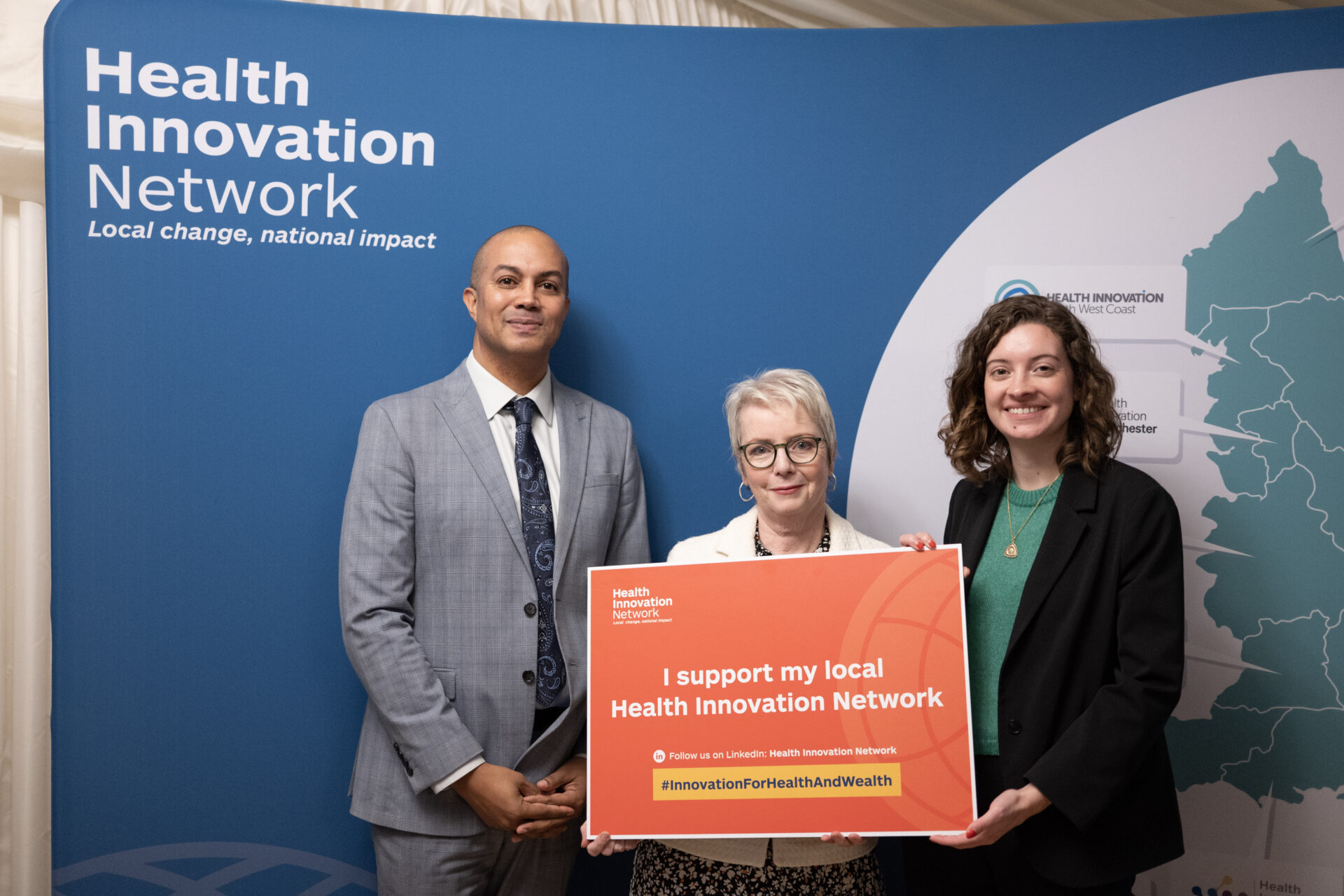Technology developed by Qbtech has significantly reduced the time taken to test for ADHD for children and young people.
Summary
The technology was developed to address the need to get help to patients faster and save the NHS money by releasing clinical time, which in turn reduces elective waiting lists and frees clinical capacity to focus on more complex cases.
The QbTest technology is now being used in 69 trusts across 150 clinics, benefitting more than 65,000 children and young people since its introduction.
The test has increased staff productivity, saving more than 20,500 hours of clinical time. This has resulted in a potential saving to the NHS of over £10 million, enabling redirection resources to other parts of the ADHD care pathway.
Qbtech’s innovation is now available in many countries in Europe and the USA, with plans to expand into many more countries in the next 18 months.
The innovation
QbTest is an objective ADHD test that measures core ADHD symptoms: activity, attention, and impulsivity. The test involves a 15-20-minute computer-based test. The results from the test are instantly generated, and the data is compared to a normative control group of the same sex and age who do not have ADHD.
How the innovation has helped patients and the NHS
This trailblazing programme is being used in 69 trusts across 150 clinics, benefitting more than 65,000 children and young people since its introduction.
The intervention has shown a big reduction in time from assessment to diagnosis by an average of 153 days, increasing staff capacity by reducing the number of appointments needed for diagnosis.
The test has saved over 20,500 hours of clinical time. The release of clinical capacity costs has resulted in a potential saving to the NHS of over £10million, enabling redirection resources to other parts of the ADHD care pathway.
Before the programme, Qbtech experienced annual growth of 20%. Since its launch, growth has accelerated to 50% year-on-year and is anticipated to exceed this level in the years ahead.
In March 2023 the National Institute for Clinical Excellence (NICE) published a Medical Innovation Briefing (MIB) highlighting the benefits of objective testing technology (QbTest) when used as part of a comprehensive ADHD assessment.
Findings from a national evaluation included:
- 86% of clinicians felt that it was easy to incorporate into the assessment process.
- 84% of clinicians felt QbTest made it easier to explain to a patient why they had ADHD.
- 71% of clinicians stated that the QbTest outcomes improved communication with clients.
How we supported
Adopted as a Health Innovation Network national programme, Focus ADHD was implemented across the 15 local health innovation networks between April 2020 and March 2023.
Health Innovation East Midlands launched a ‘real world’ demonstrator project, brokered connections with NHS trusts, trialled the technology in three mental health trusts, and provided guidance around issues such as business case development, market access, and connecting with research partners.
HEIM’s support was critical to the selection of QbTest as the technology component of the Focus ADHD health innovation network national programme, providing a gateway to rapid nationwide adoption, opening doors to the company to dozens of NHS providers.
“The local health innovation networks have really helped open doors and understand what’s going on locally in ADHD services, and broker introductions from a trusted source – their staff are very much seen as part of the NHS family. The sooner innovators understand the innovation landscape the better – work with the Health Innovation Network.”
Tony Doyle, Managing Director of Qbtech

The Health Innovation Network is delighted to announce the launch of Innovation Insights, a brand-new webinar series designed to highlight the latest in health innovation, offering attendees valuable insights into the adoption and spread of innovation within the health and care landscape. Each interactive webinar will feature: Expert presentations: Delivered by thought leaders across [...]

The Health Innovation Network, at an event sponsored by Sarah Coombes MP, brought together parliamentarians including Health Minister Karin Smyth MP and Chair of the Science, Innovation and Technology Committee, Chi Onwurah MP to meet with six innovators supported by health innovation networks across the country and their NHS partners. At the Meet the Innovators: [...]

The need for fast-paced innovation in healthcare is widely acknowledged. And ensuring that healthcare innovation is shaped by the people it serves remains a pressing priority – one made all the more evident by the growing emphasis on health equity in the 10 Year Health Plan. Patient voices are often cited as central to healthcare [...]









